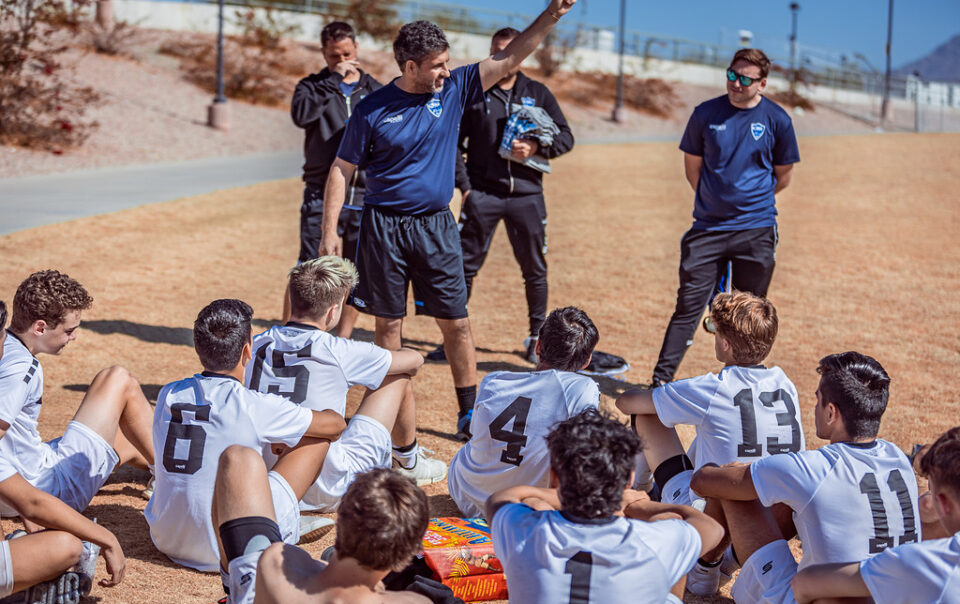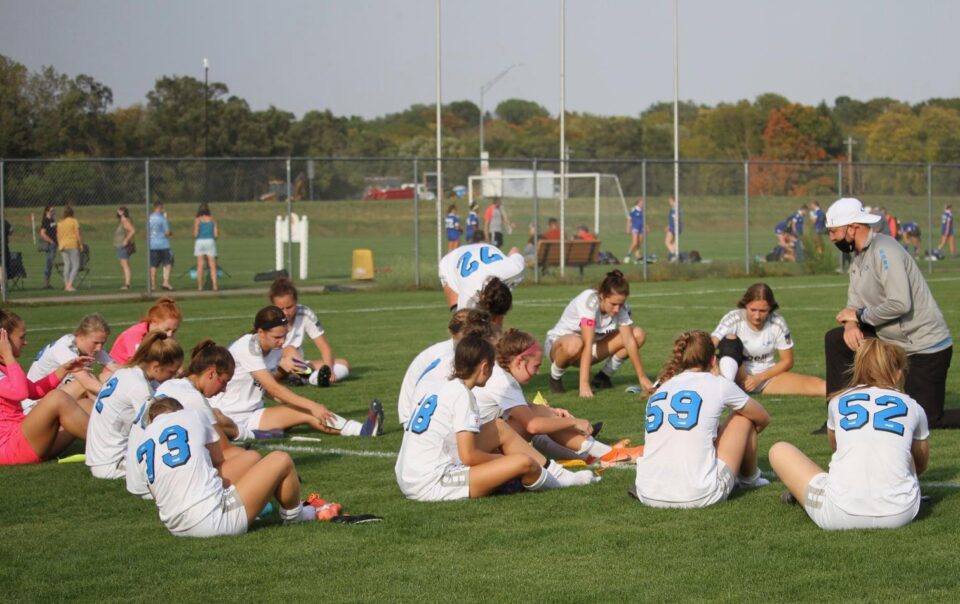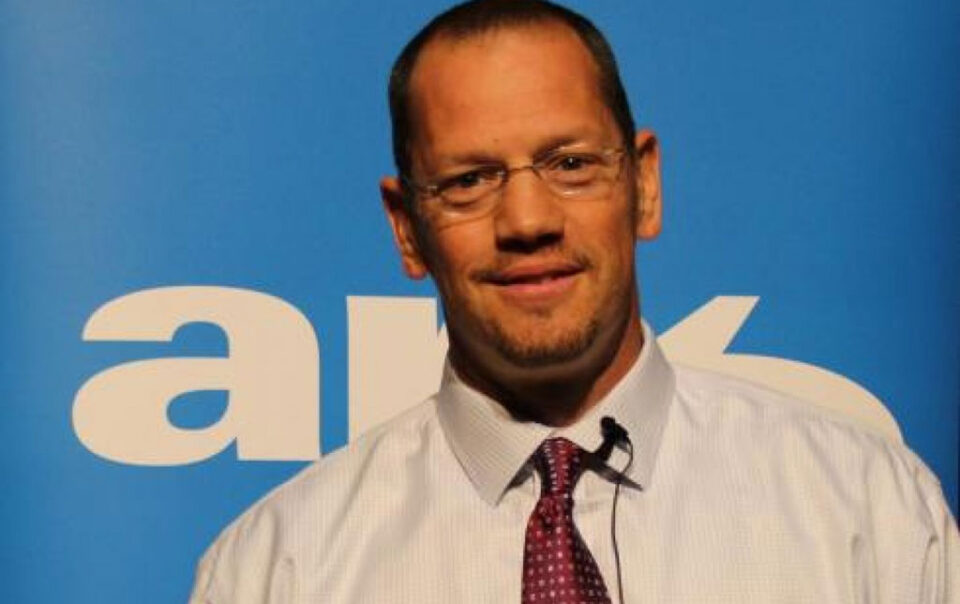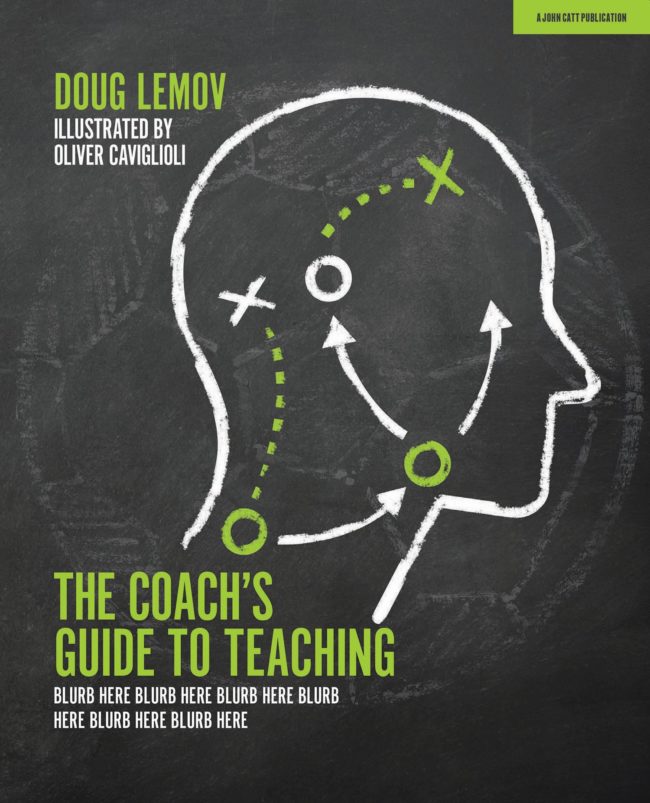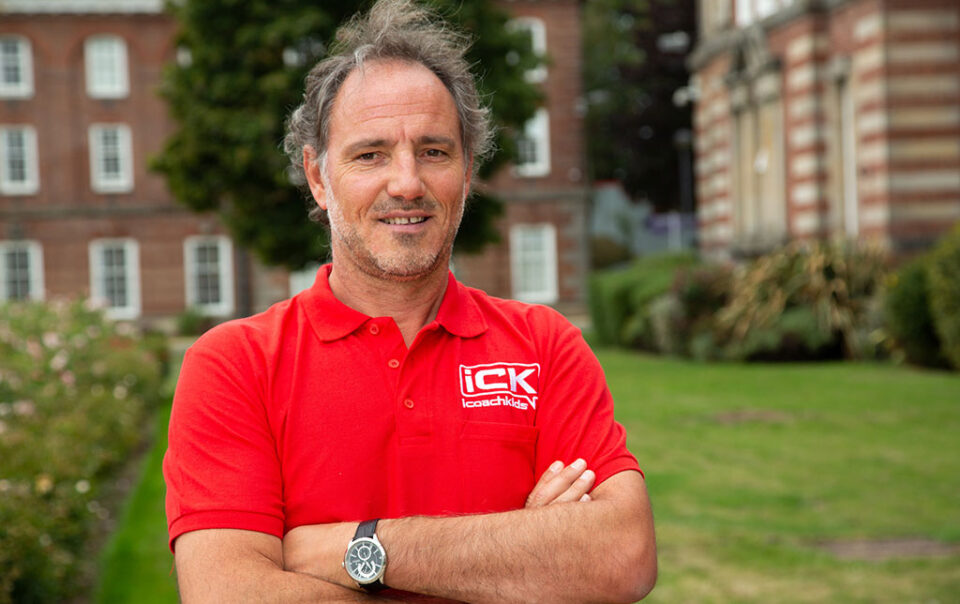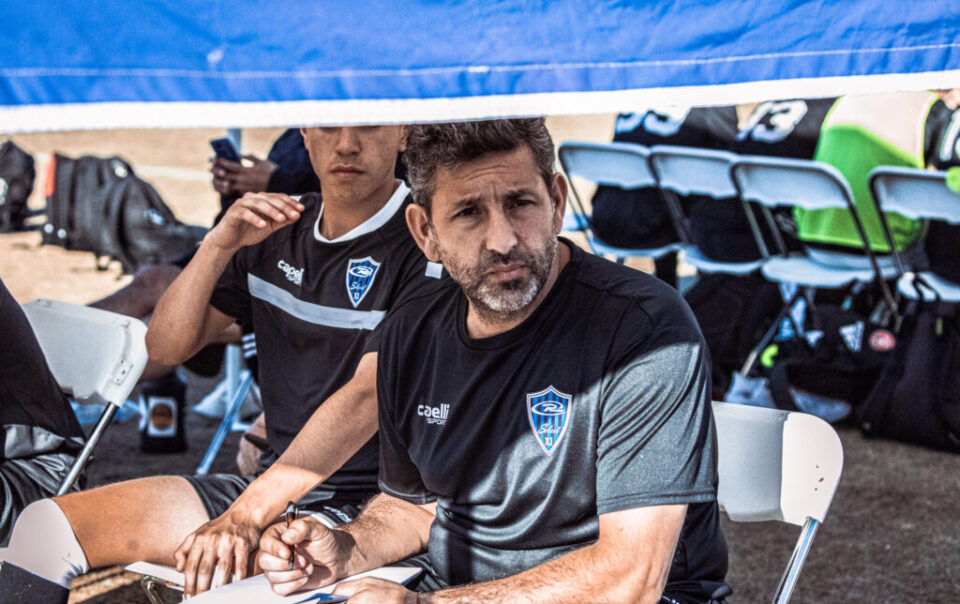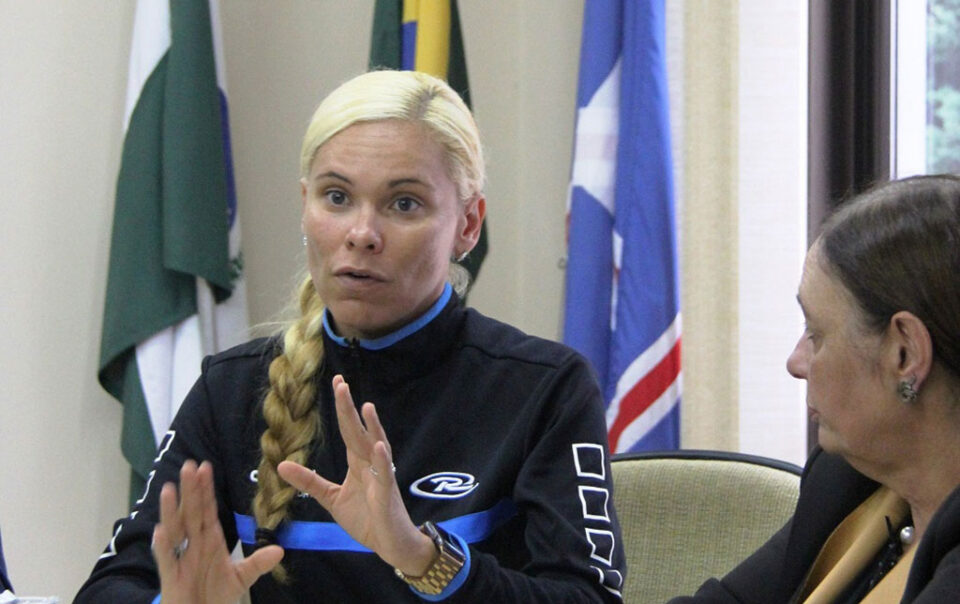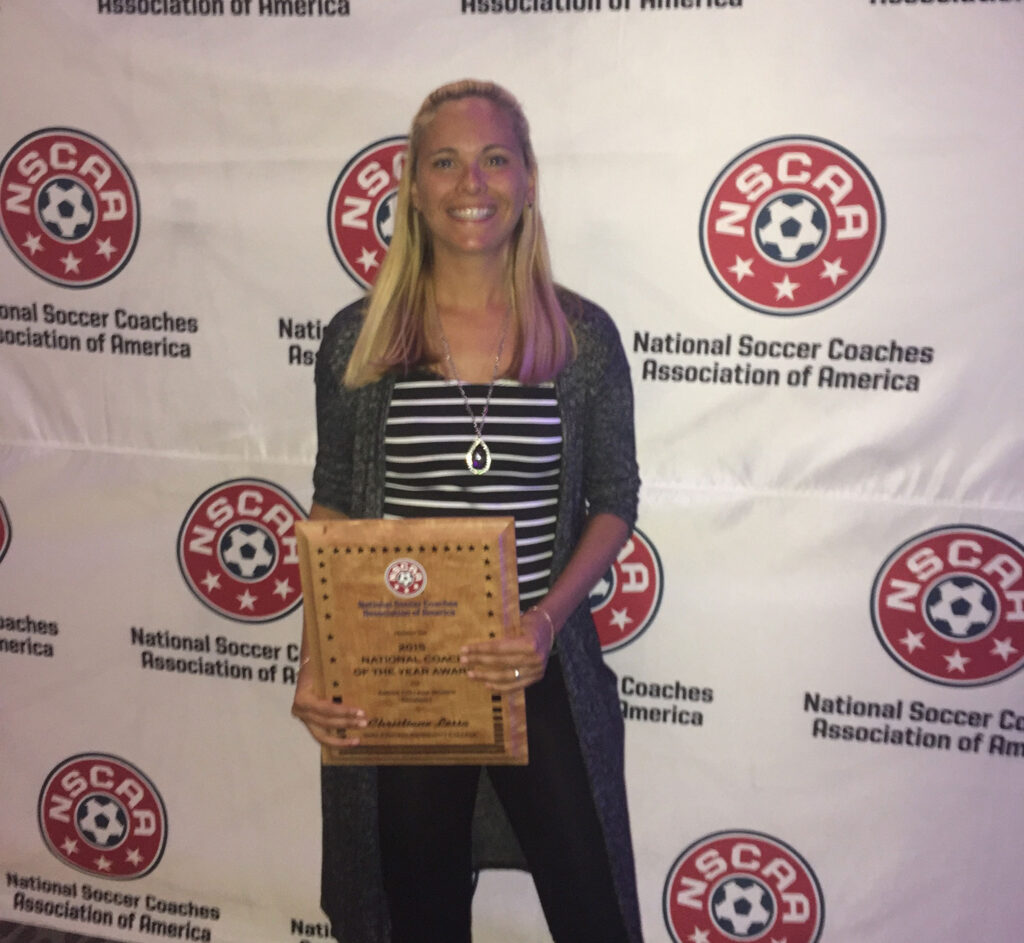This article is based on January’s Educational Campaign On Leadership.
Leading as a soccer coach is a huge responsibility and not an easy task. As such, you are an incredibly influential figure to the youth that surrounds you. That’s why we take the study of leadership seriously, and we dedicated the month of January to humbly meet with top professionals of our industry (and others) and some of the best leaders we know to dig deeper into what it means to be a good leader and how we can do it more effectively in our environments.
These are some of our takeaways:
– You Need A Holistic Approach: International Swimming Hall Of Fame member Jonty Skinner focused on this aspect during a fantastic webinar with our Developmental Director, Chris P. Jonty highlighted the importance of coaching the person as a whole, beyond the specifics of the sport, beyond the “X’s and O’s”. In his words, if coaches gave the holistic side the same importance as the other aspects of coaching, players would inevitably get better.
“If you can improve the holistic side of your athletes on the field, they are going to perform better on the tactical and technical level as well” – Jonty Skinner.
– Know Your ‘Why’: This was a common theme across all events and publications shared. To lead, you need to deeply know yourself first. Know your why, your vision, your strategy, your core values. Develop your team culture based on the values that are common ground between you and your players. It needs to be authentic to who you are, or your players will tell sooner than you would expect, trust me.
– The One Size Fits All… Fits Nobody: Rita Pierson’s remarks this aspect in her Ted Talk: Besides leading a team -whether is a sports team or not-, connecting at an individual level is key. Jürgen Klopp seconded this concept framing it in a soccer specific context: “I don’t give all the information at the same time and to everybody”. The core of these statements relies on the fact that great leaders know that people are not the same, so they look for discovering each person, what it is that gets the best out of them. We see way too often coaches leading teams with many rules and demands. Be careful with that, because what is fair for one might not be fair for another. The one size fits all tends to fit nobody.
– Be Selfless And Lead To Have A Legacy: Tim Schulz, Rush Soccer’s President, repeated this on several occasions during the webinar that had him as guest speaker.
“I don’t want people to follow me and I wouldn’t want to follow someone, because when he’s gone or quits there’s nothing left. Follow the mission, follow the vision, and work and lead for it, selflessly, for something that is bigger than yourself. When you do so, people follow”
This message also came across when we presented James Kerr’ All Blacks based book Legacy, in which the author describes this as the core of their incredibly successful culture:
Empower others to be exceptional, to ensure it won’t stop with you.
Or, as expressed in other words of the book,
‘Be a good ancestor, planting trees you might never see’.
This selfless approach seems to be a virtue of great leaders, offering themselves as custodians of the future.
– Ingrain a Behavior Without Burning Your Players Out: This was one of our favorite takeaways from interviewing Daryl Brazeau, Iowa Rush’s Girls DOC, for The Rush Podcast Network. Daryl, who specializes in Leadership studies, highlighted that to develop a certain behavior in your team (using competitiveness as an example), you need to work on it as a process, demanding and pushing it at times but also letting it break down in other moments. Push, but don’t push harder than the player can take. Think of it as periodization or as Daryl exemplified with New Year’s resolutions:
“The problem about these resolutions is that people make commitments that are unsustainable. You hear people say ‘I want to get in shape’, so they start going to the gym 3 hours a day, but after a month they’re burnt out and give up. The same happens, at times, with the coaches approach to ingrain a team behavior”.
– Have A Growth Mindset: Many of our guest speakers focused on this aspect. This one is fundamental to me as well, especially because I’ve personally experienced the impact of changing my mindset from ‘this has to be perfect’ to ‘I’ll try to make it perfect, but it might not happen as such in my first try, and that’s ok because I’ll keep working on its improvement every day”. You have to be willing to fail and keep going. You can’t only play matches that you know you’ll win. There’s no progress there. The same happens with leadership. Our guest speakers were open about sharing their many failures, and we could always perceive, as a common thread in them, their attitude of ‘just learn from it and keep going’.
– Be Humble: This human quality seems to be the starting point of all other Leadership characteristics. Leaders know they don’t know it all. Leaders know they need others to perform, and they’re open to listening to them. Humility and Advice for good Leadership, three of our core values.


